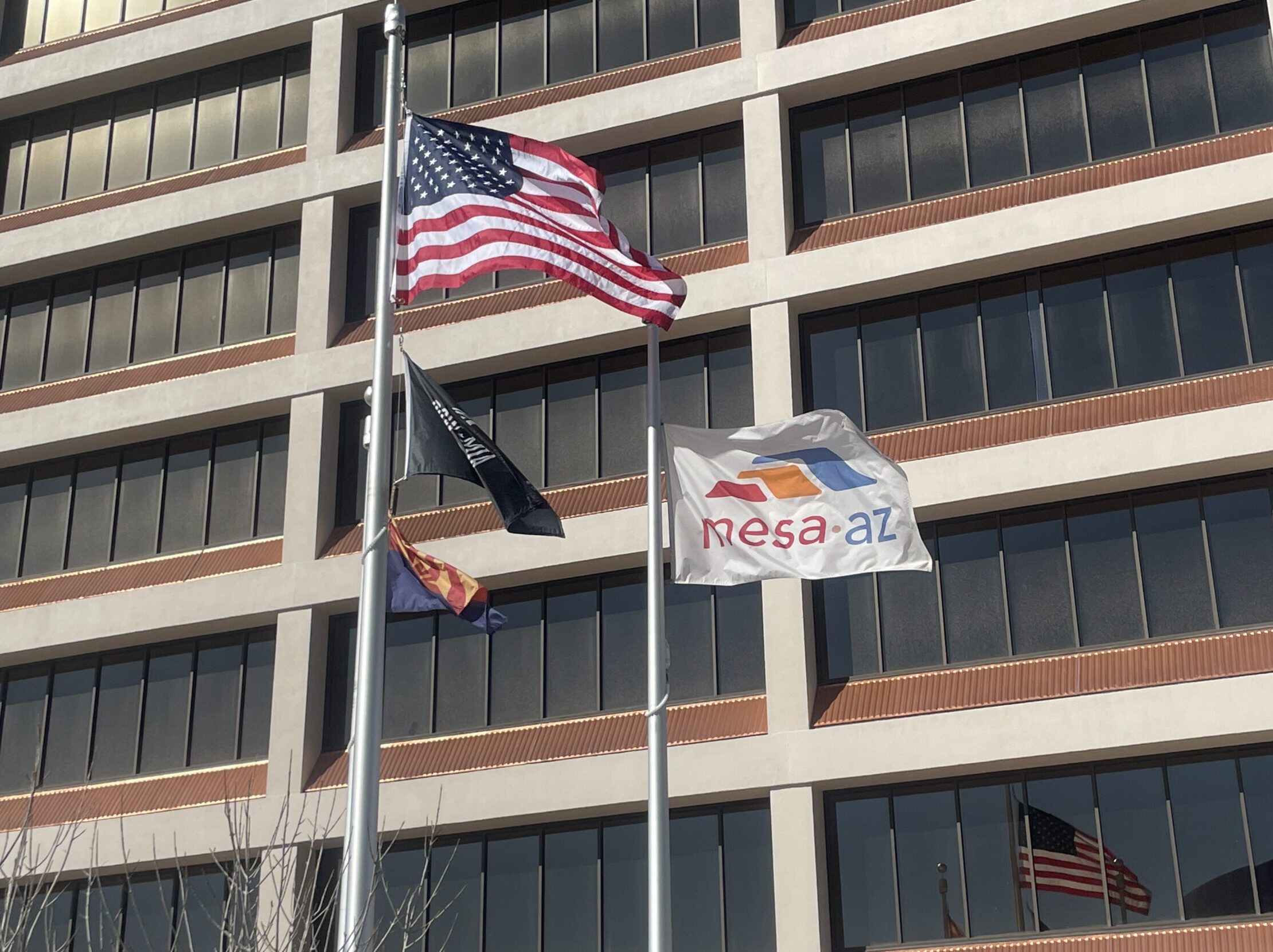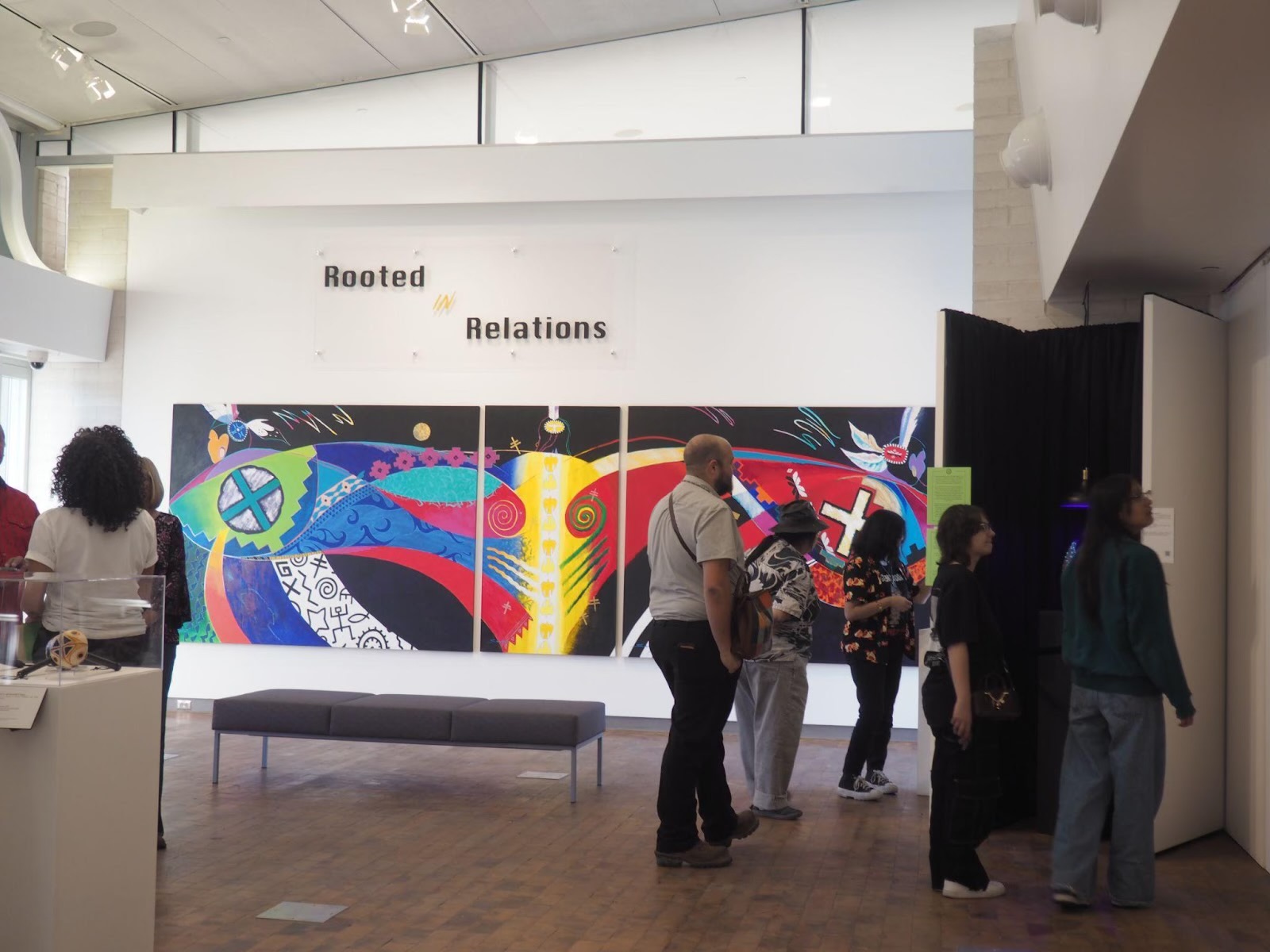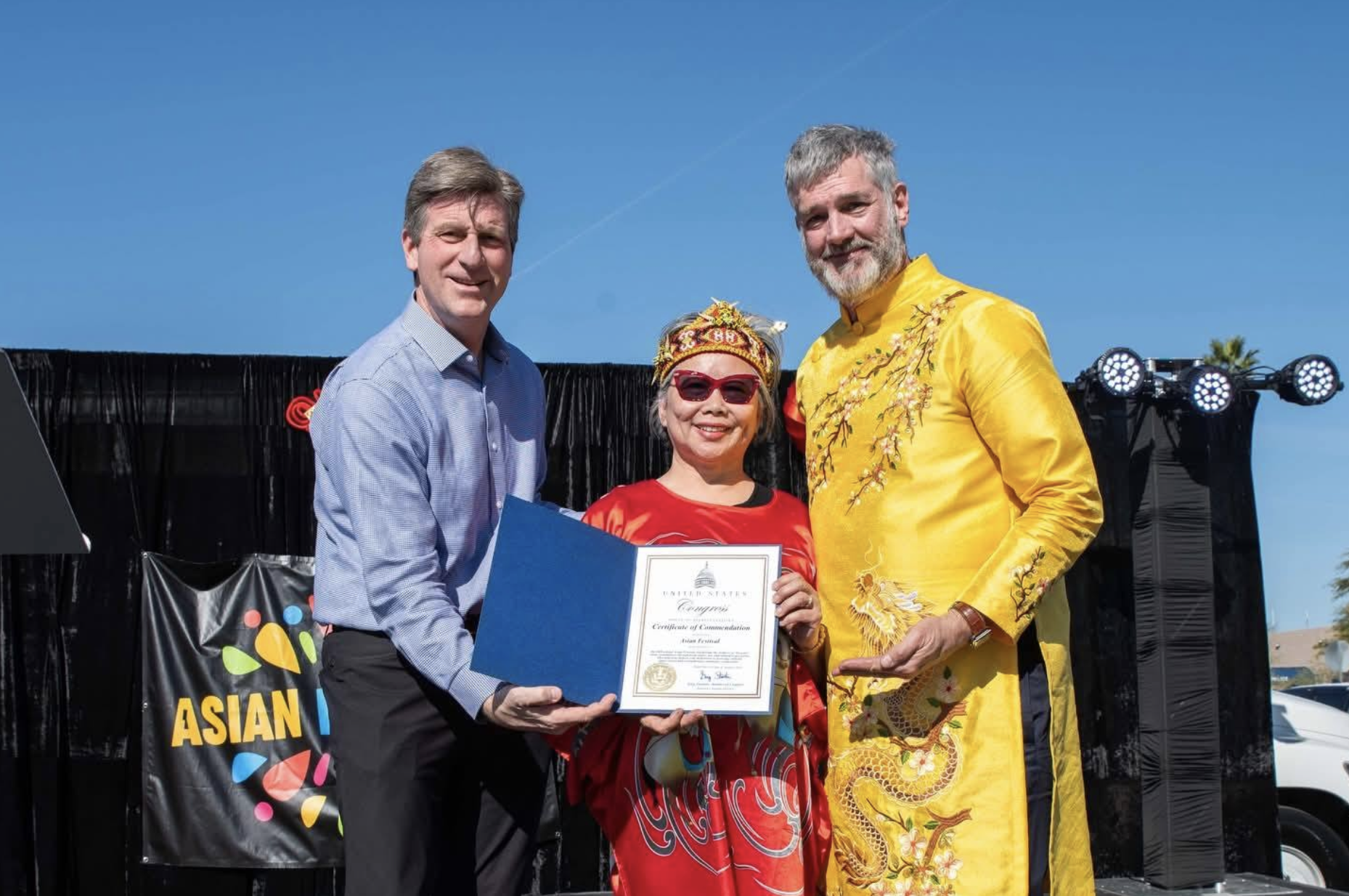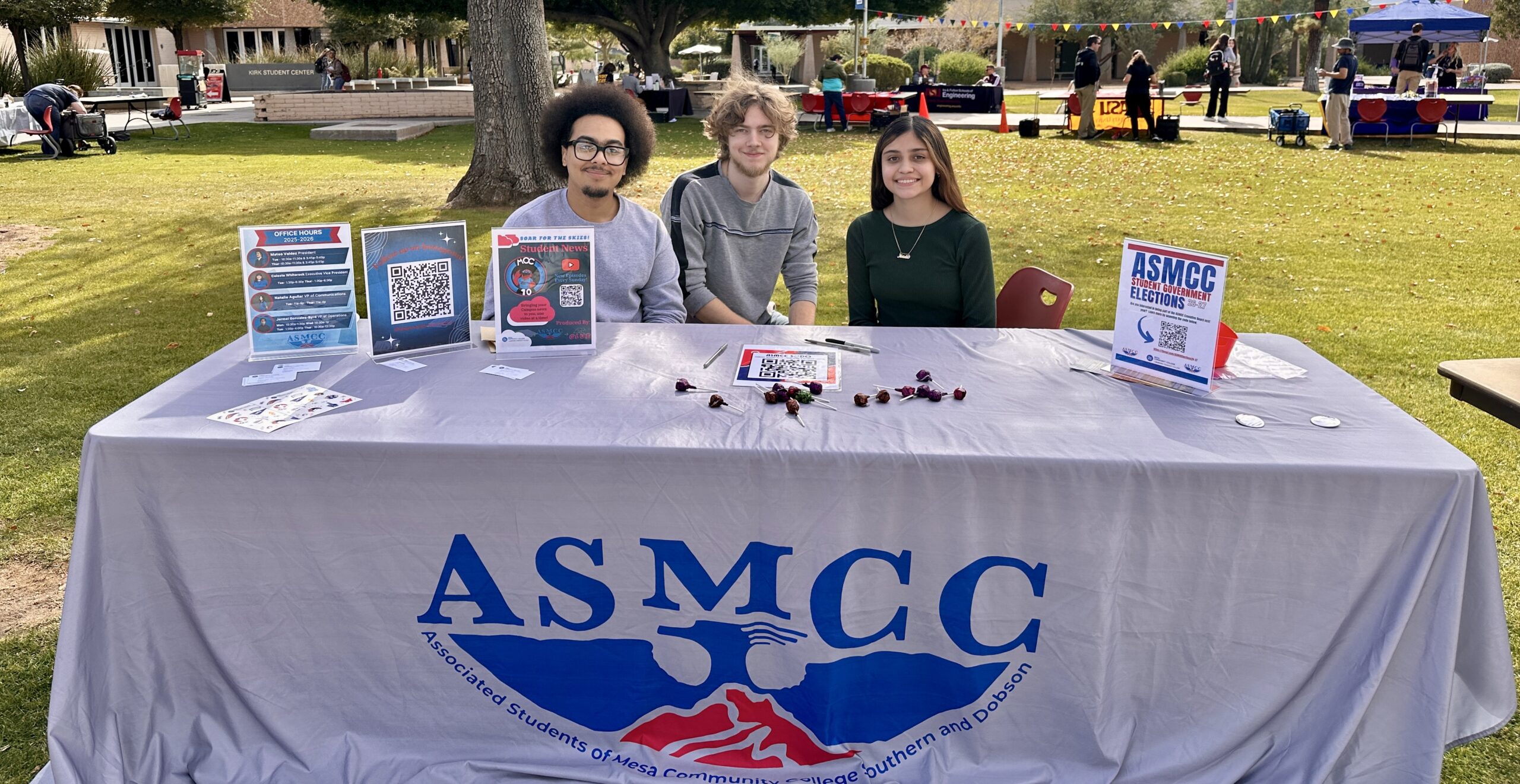Scientific theory proven through practice
By: Kian Hagerman
Scientific theories have done much to advance how people function in their everyday lives.
Merriam-Webster defines theory as it relates to science as the general or abstract principles of a body of fact, a science, or an art.
Germ theory, for example, has led to methods of combating microorganisms called pathogens that cause sickness and disease, and led to the establishment
of microbiology as a form of medical applied science.
“Koch said if you isolated a
pathogen, then you have to duplicate that pathogen to create the same disease,”
said microbiology technical specialist Michael Santa Cruz. “If you see a disease in a cow, and isolate the pathogen that
causes it and put in another and create the same symptoms of the disease, then you prove germ theory.”
Santa Cruz said that though theories such as evolution may begin as a notion that possibly explains a natural occurrence, the scientific method is then applied to either prove or disprove the theory.
“They are theory in the beginning, but once they are proven it becomes a known fact,” Santa Cruz said. “Once you go back in evolution and find all those facts, it’s not a theory any more it’s just fact.” MCC chemistry professor John
Zikopoulos said that to take the view that scientific theory is way off the mark, when it has been tested.
“For example, if you are going to talk about the germ theory of disease; does that mean that it’s just a theory, there might not really be germs? As opposed to
the scientific process of testing and then finding that there is a micoorganism, and then someone else tests it and confirms it,” Zikopoulos said.
Germ theory has given microbiologists the methods to deal with these pathogens, which encompasses many microscopic infiltrates.
“That goes from bacterial to fungus and viral, that’s all part of the microbiology umbrella. You can get
that isolate and create a vaccine,” Santa
Cruz said. “But you have to know the specific agent that’s causing the disease, and isolate it in order to create a vaccine. In that sense it’s important for microbiologists, in order to keep doing their work.”
Zikopoulos said that the clarification of meaning falls on scientists and instructors in science what is really meant by scientific theory.
“It’s one of the main causes some
of the distrust you seen in scientific points,” Zikopoulos said. “It leaves people to speculate for the worst possible positions.”
An example Zikopoulos gave was the distrust of vaccinations.
“We have learned quite a great deal about the immune response,” Zikopoulos said. “We are now using that
… to develop higher quality vaccines; to … begin applications to things such as Ebola where we had monoclonal antibodies, that were based on the
scientific theory of antibody production.” Scientific theories offer much that
can be applied to change the world around us, according to Santa Cruz.
“If you have a valid theory, if that theory has value to humanity it is very important,” Santa Cruz said.









